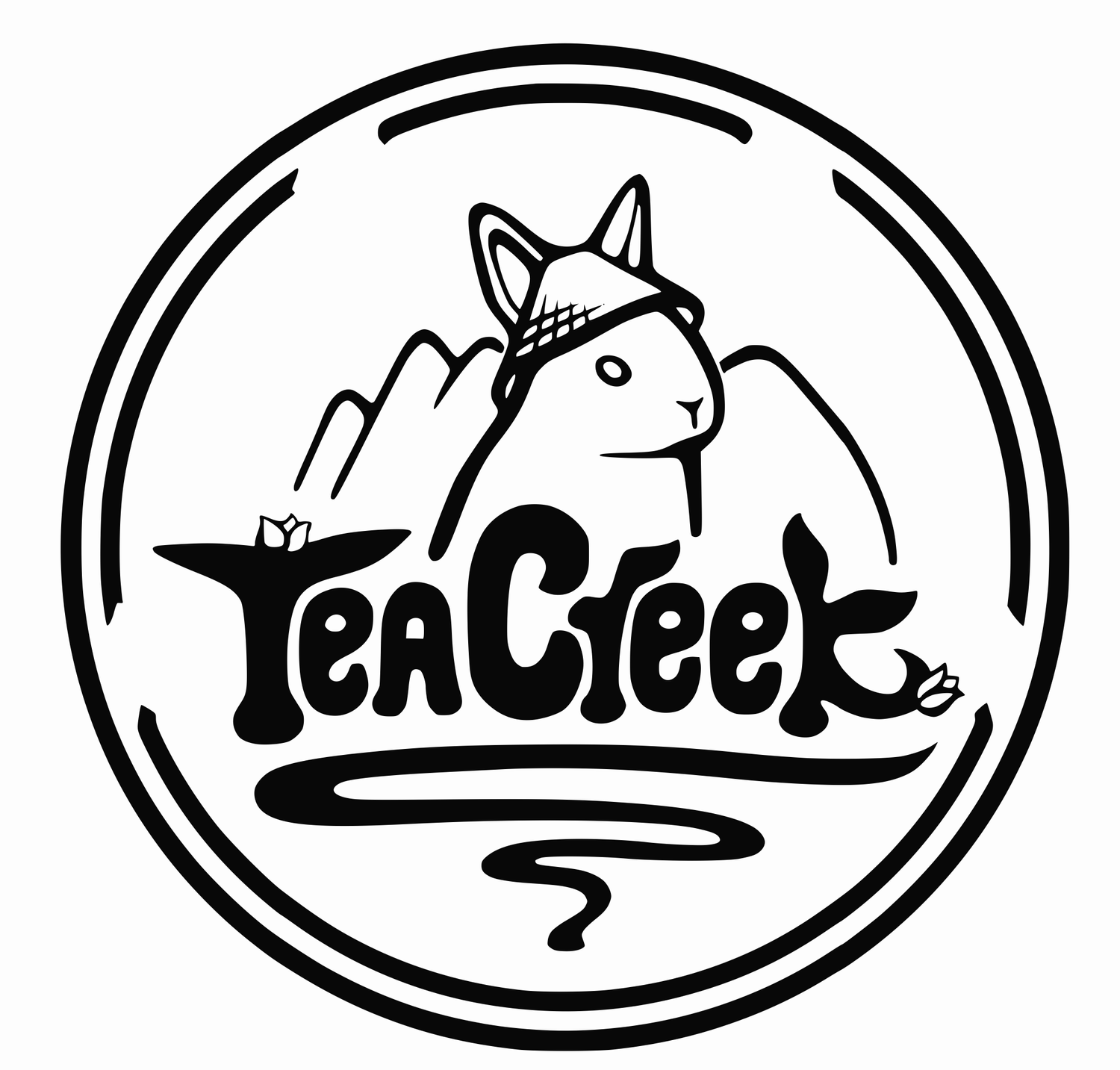
Our 3 Stages to Food Sovereignty
A Long Way to Grow
Creating food sovereignty takes people, skills, supplies, funds, and experience - all things that take consistent effort over time. We’ve created a three stage strategy to help build resilient local food security and sovereignty. The goal is to avoid flash-in-the-pan projects and focus on long term growing success.
In addition to growing food, farm training and infrastructure can also grow medicines such as Cannabis and Hemp, and provide other plants such as flowers, trees, and indigenous plants for reclamation projects.
3 Stages to Food Sovereignty
Stage 1: Planning, Training and Employment on Site
To create gardens, greenhouse food production, community gardens, market gardens, and other food production, we need people trained and experienced in agriculture. We also need all the supporting skills from equipment operators to carpenters to other tradespeople.
In Stage 1, individuals in the community are trained in trades, food production, and life skills so they are able to help create more food production. Stage 1 is usually one full year of training and work experience.
Features:
Training and Employment programs at Tea Creek Farm
Planning: Initial review of potential food production property and facilities in the community. Assessment, design and planning work.
Food security teaching content specific to the climate in the Northwest is created and published for free online. Examples here.
Timeline: 1 year. Can start Training immediately.
Stage 2: Build Food Production in your Community
In Stage 2, people who have been trained and have experience from Stage 1 are deployed into the community and assist with building food production. Examples of Food Production include:
Front/ Back Yard gardens
Community Gardens and Greenhouses
Commercial Market Gardens
Chicken/ Turkey/ Small Animal Farming
Commercial Wash/ Pack Facilities
Cold Storage
Features:
Utilize community labour trained in Stage 1.
On-site preparation and building based on planning outcomes and decisions.
Opportunities for Train-the-Trainer work as trained community members work with untrained community members
Timeline: 1 Year. Can start initial assessments, designs, and field preparation as soon as fall 2020.
Stage 3: Marketing, Mentorship, and Support for Long Term Success
In Stage 3, we will focus on supporting the most promising projects from Stage 2, and build them up for long term success. Stage 3 will be for those projects that can feasibly provide a surplus of food to the community.
Features:
Crop and food production troubleshooting. Connection with other food production experts and resources.
Branding and Marketing advice
Market research support
Creation of longer-term plans for the operation
Entrepreneurship mentorship for Entrepreneurs
Business support and business systems (such as spreadsheet templates)
Other mentorship and support geared toward long term success
Continued posting of teaching content online
Timeline: Minimum 1 year after Stage 2 is complete. Would continue as long as funding allows.




